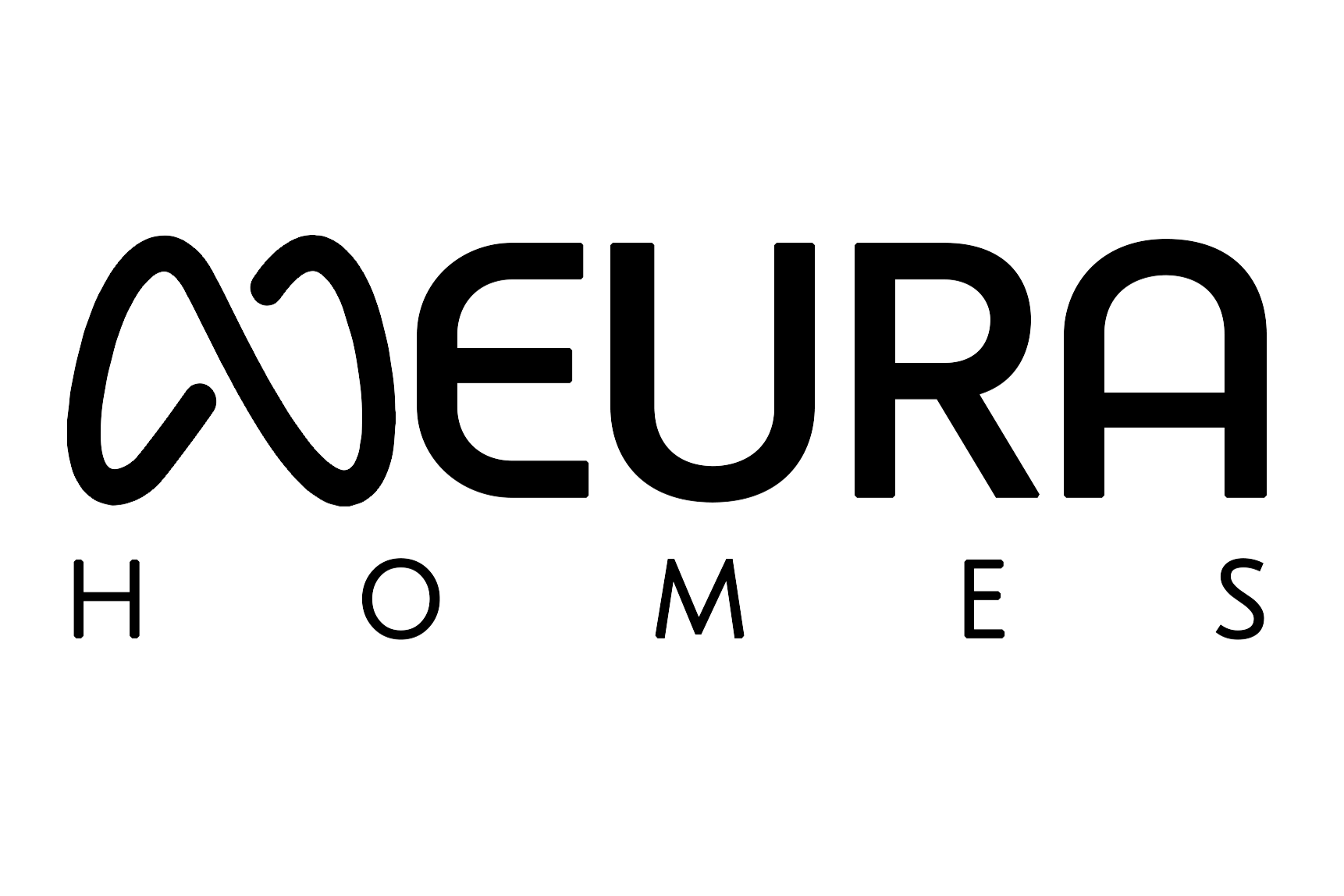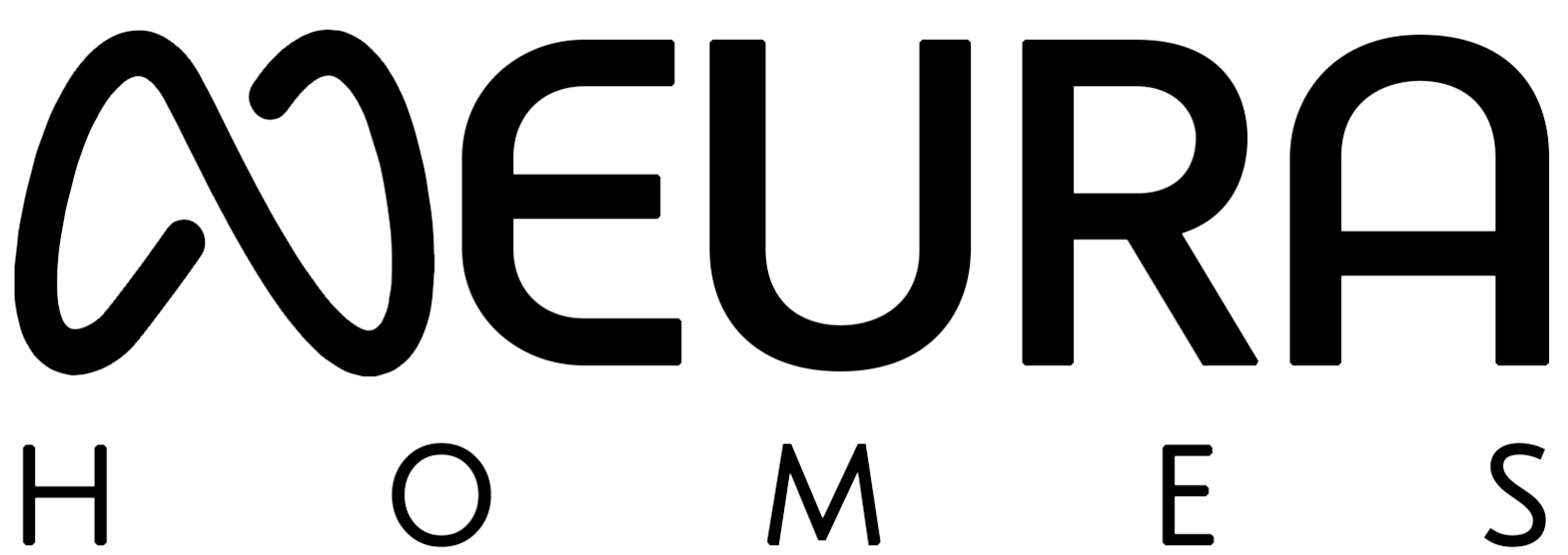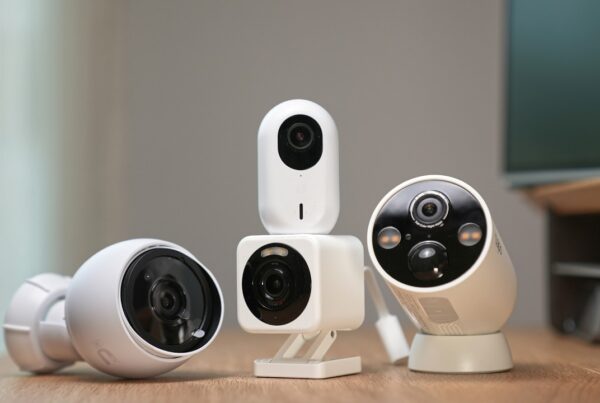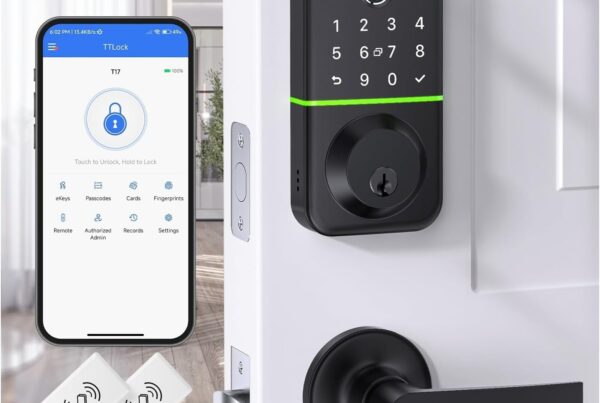Why Security Risks Matter for Airbnb Hosts
Short-term rentals have revolutionized travel, offering guests unique stays while allowing property owners to generate extra income. However, hosting on Airbnb comes with significant security risks that many overlook. From unauthorized guests to cyber threats, landlords must be proactive in safeguarding their properties and reputations.
This article explores the most pressing security concerns Airbnb hosts face and how to mitigate them effectively.
Top Security Risks Airbnb Hosts Should Be Aware Of
1. Unauthorized Guests & Overcrowding
Some guests may exceed the agreed-upon occupancy limit, leading to property damage or noise complaints. To prevent this:
- Use smart locks with unique access codes for each booking.
- Install occupancy sensors to monitor the number of guests.
- Clearly state occupancy limits in your listing.
2. Theft & Property Damage
While Airbnb provides Host Guarantee insurance, it doesn’t cover all damages. Reduce risk by:
- Using smart security cameras at entry points.
- Locking away valuables in a smart safe.
- Requiring a security deposit for high-value properties.
💡 Tip: Conduct regular property inspections to spot any damage early.
3. Fake Bookings & Fraudulent Guests
Scammers may use stolen credit cards or fake profiles to book a stay. Protect yourself by:
- Only accepting bookings from verified Airbnb users.
- Communicating exclusively through Airbnb’s platform.
- Enabling ID verification requirements for guests.
4. Key Duplication & Unsecure Access
Traditional keys can be copied, leading to unauthorized entry after check-out. A smart lock system eliminates this risk by:
- Allowing temporary access codes that expire after check-out.
- Providing remote access control via an app.
- Logging entry and exit times for security tracking.
5. Privacy Violations & Hidden Cameras
While hosts want to monitor their property, guests have a right to privacy. Airbnb prohibits indoor security cameras in private areas. Ensure compliance by:
- Using only outdoor security cameras for monitoring.
- Disclosing all security devices in the listing.
- Following local privacy laws on surveillance.
- Tip: If using security cameras, notify guests in advance for transparency.
6. Neighbor Complaints & Legal Issues
Noise disturbances and rule violations can lead to fines or listing suspension. Prevent issues by:
- Using noise-monitoring devices like Minut to detect excessive sound.
- Setting quiet hours and listing them in your house rules.
- Informing guests of local regulations before check-in.
How NeuraHomes Helps Airbnb Hosts Enhance Security
NeuraHomes provides AI-powered smart home solutions to help Airbnb hosts stay secure:
- Smart locks for seamless, keyless entry.
- AI-driven security cameras for remote property monitoring.
- Automated occupancy tracking to prevent unauthorized guests.
- Integrated alarm systems for added protection.
With NeuraHomes, Airbnb hosts can manage their property’s security with ease and confidence.
Final Thoughts
Security risks are an unavoidable part of hosting, but with the right precautions, Airbnb hosts can protect their property and guests. Smart home technology, clear rules, and proactive monitoring go a long way in preventing common security threats.




